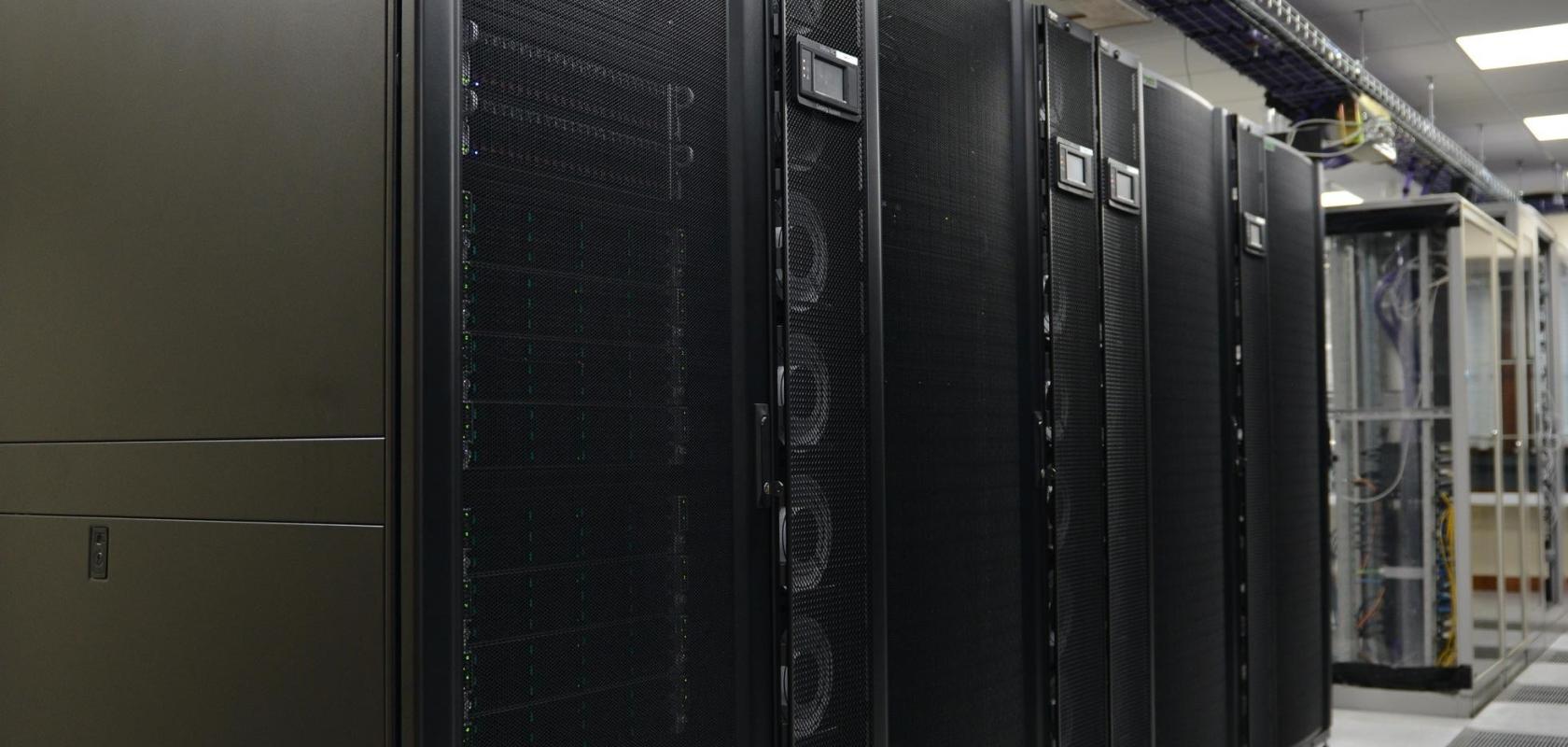A £2 million-pound high-performance computing (HPC) system at the University of Hull is playing a crucial role in enabling COVID-19 research.
Known as Viper, the supercomputer became the fastest machine of any northern UK university when it arrived in Hull back in 2016. ‘HPC is one of the most powerful tools we have in the fight against disease, giving us detailed insight into the building blocks of viruses,’ said Russell Slack, managing director at OCF.
Viper is now helping researchers around the world better understand and tackle the spread of COVID-19. The University has partnered up with HPC specialist OCF to support global research into COVID-19 on a project called ‘Folding@home’.
Chris Collins, Research Systems Manager at the University of Hull said: ‘It has been humbling to see how the University has responded to the challenges posed by COVID-19. From a team producing face shields for the NHS, to helping re-train former NHS staff, the University is doing everything it can in this difficult time.’
‘Folding@home is another example of this. Using spare compute capacity on Viper – which is constantly supporting other research projects within the University – is us doing our bit to help tackle COVID-19. Viper is able to download and process bitesize chunks of huge computer simulations, and the final results can then be accessed by researchers across the world.’
OCF is helping the University of Hull and other research institutions to donate any spare capacity in their existing solutions to the COVID-19 sequencing effort through Folding@home. Spare capacity can be utilised when users are not using all HPC resources and any donation of clock cycles doesn’t need to impact on any current workloads that are being worked on.
Folding@home is a distributed computing project developed by Stanford University in California to focus on disease research. The application uses specialised mocular dynamics programs based on GROMACS and OpenMM - although there are other frameworks that have been used in the past or are in development today. These programs are used to simulate protein dynamics, including the process of protein folding and the movements of proteins implicated in a variety of diseases.
The project brings together personal computers, as well as those donated by companies and institutions from across the world and enables them to join together to run simulations to provide new opportunities for developing therapeutics and treatments for COVID-19.
‘Breaking up and distributing large tasks across personal computers is not a new concept, with projects using this approach since the 1990s,’ Collins said. ‘Supercomputers like Viper are normally used to tackle the grand challenges of science and engineering on their own rather than as part of distributed projects like this, however COVID-19 has really brought computers like Viper to the forefront of the Folding@home project.’


